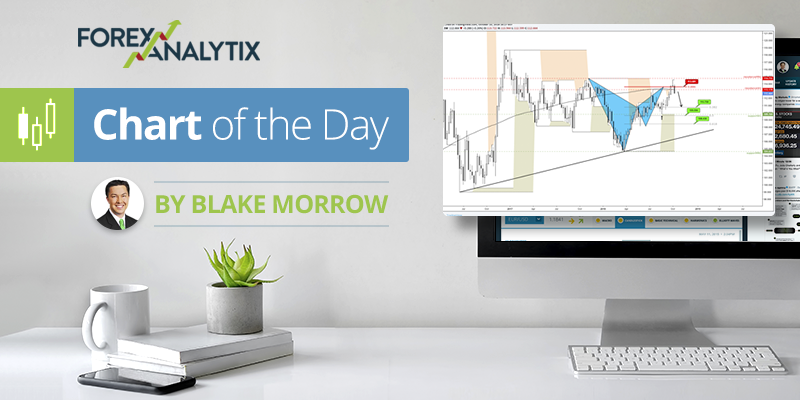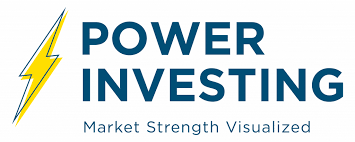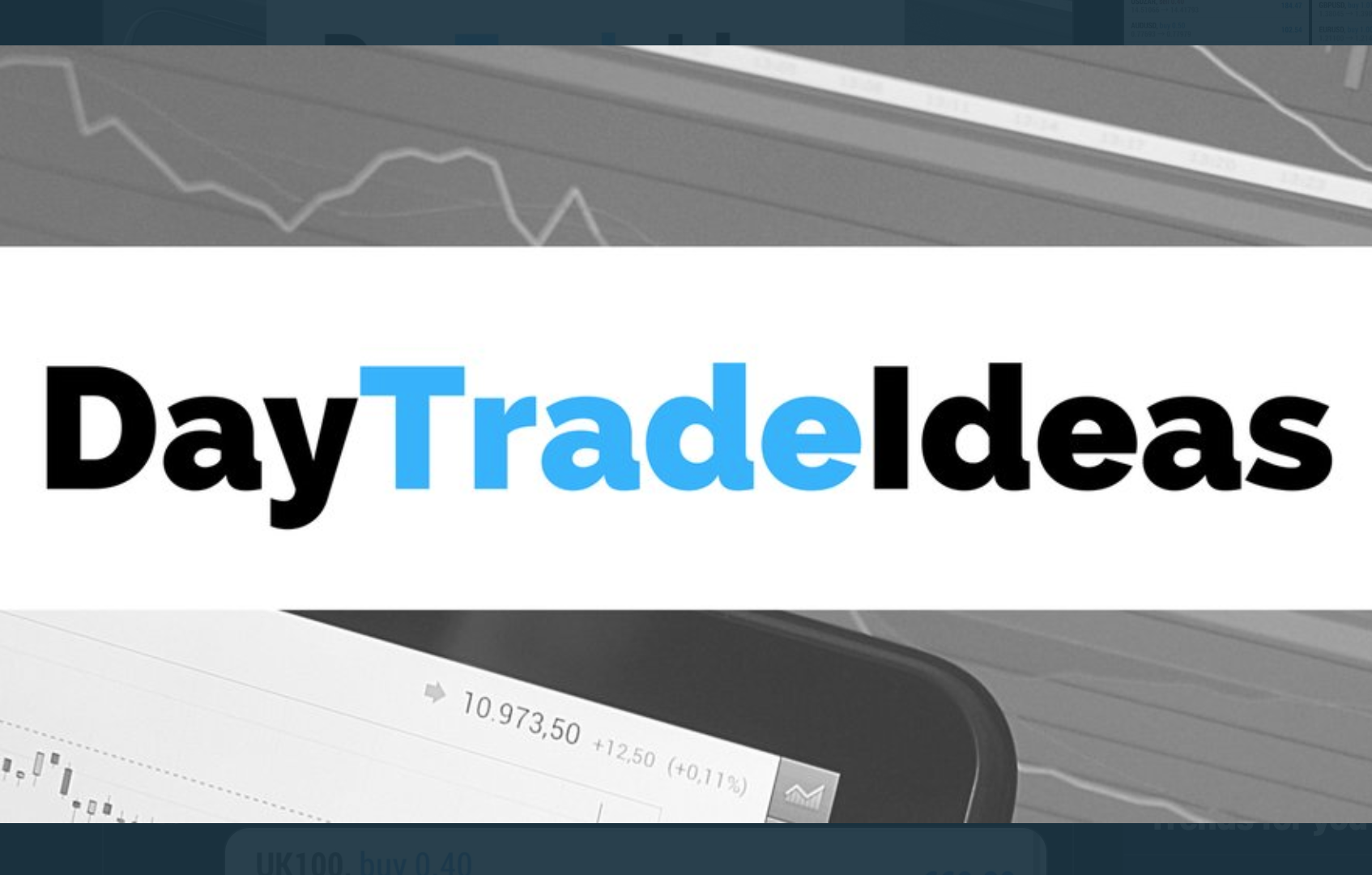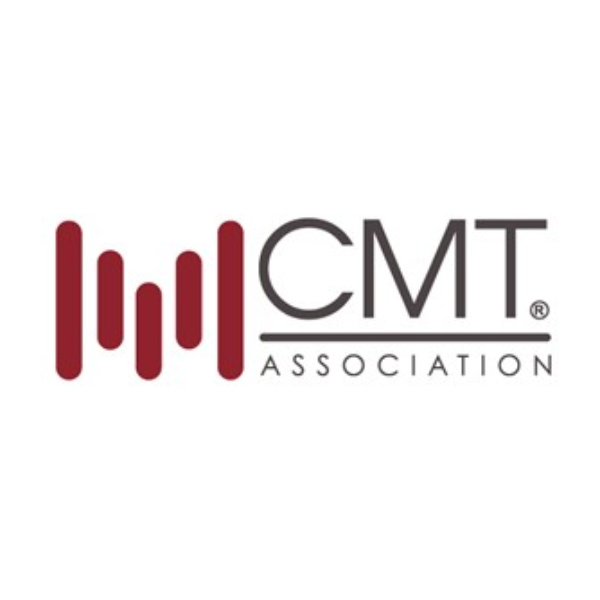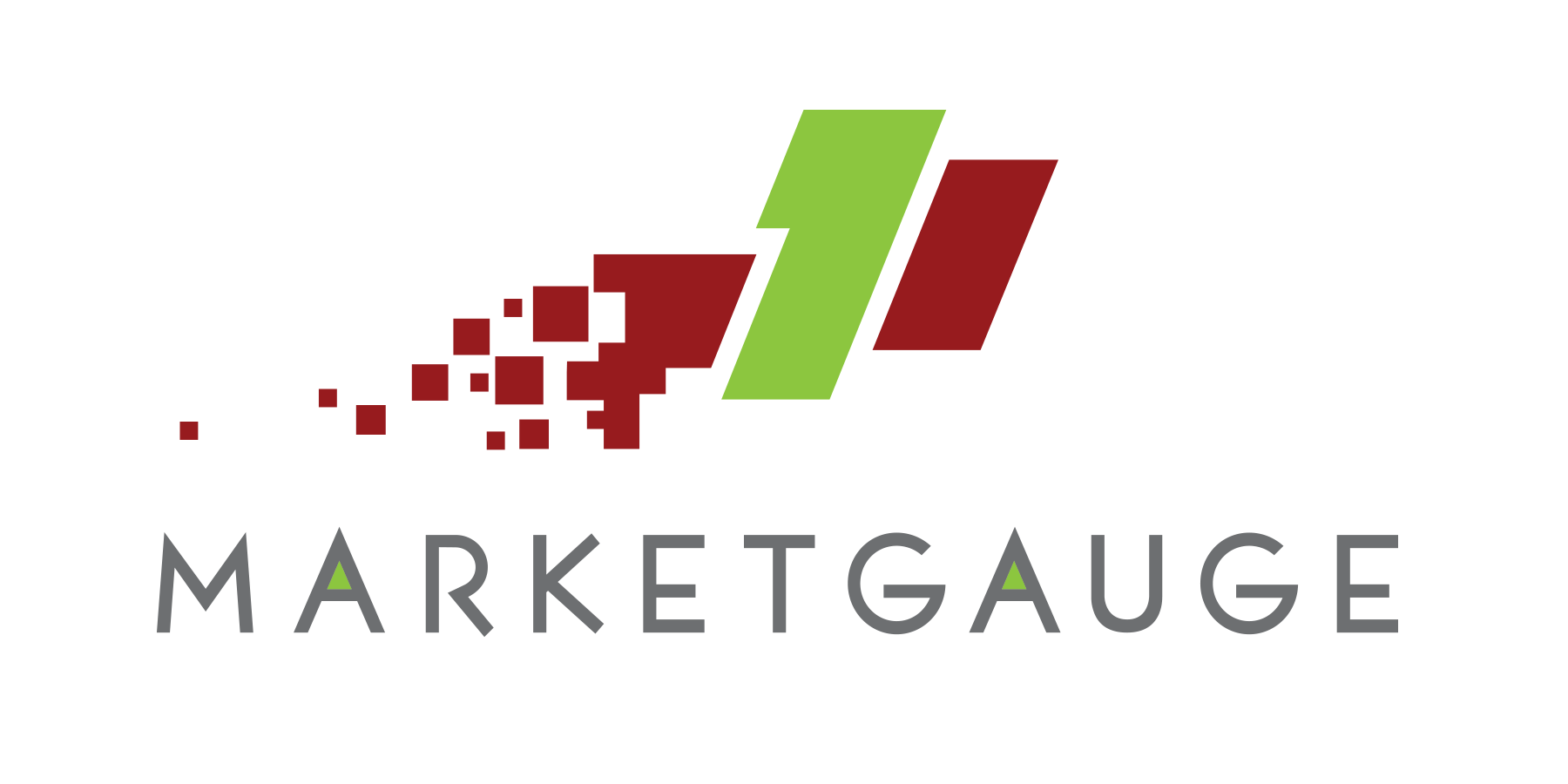ECB, Bank of Canada, and the Peak in US CPI Base Effect

Macro Drivers
• This week’s ECB meeting has drawn a great deal of attention because it could slow its bond buying after accelerating it since March.
• Yet market impact may not be as obvious as it seems. The euro, European bond yields, and premiums over Germany have risen since the stepped-up purchases.
• Canada has reported a loss of full-time positions for the second consecutive month in May. The market has aggressively priced tightening and the Canadian dollar has rallied since the April meeting.
• The Bank of Canada may soften its rhetoric and remind participants patience is needed during the uneven recovery.
• The base effect that has exaggerated US price pressures may peak with the May report that could lift the headline rate above 5%.
• Four emerging market central bank meet (Poland, Russia, Chile, and Peru). Only Russia is expected to hike rates.
• China reports May consumer and producer prices. CPI is accelerating but from a low base, despite softer food prices. While producer prices have risen sharply, the knock-on effect on US CPI seems minimal at best.
The media has played up the upcoming ECB with all the Sturm und Drang that can be mustered. However, investors and other market participants seem considerably less anxious. And for a good reason: at the end of the day, it does not really matter that much.
Since the ECB stepped up its bond purchases, the euro, yields, and premiums over Germany have risen. But, of course, there are other drivers of the capital markets, and that is the point. Even though the euro is often quoted to the hundredth a cent, the $6.6 trillion-a-day average turnover is not so exacting that what turns out to be a few billion euros of bond-buying a week makes much of a difference. The same general argument applies to the bond market, as well.
The more important issue that has yet to be fully recognized is that the ECB’s Pandemic Emergency Purchase Program is currently set to expire at the end of March 2022. Assuming the Federal Reserve begins to taper in Q4 21, it will probably still be buying as PEPP closes. Of course, the ECB could extend the program, but the macro backdrop might make it politically difficult. First, the EU’s fiscal initiative will most likely have begun distributing funds, providing added stimulus. Second, the OECD’s largest forecasts anticipate eurozone growth to exceed US growth in 2022, 4.4% to 3.6%. Bloomberg’s survey of private-sector economists shows an EMU beat of 4.2% to 4.0%.
Marc Chandler
Managing Director
Bannockburn Global Forex
www.bannockburnglobal.com






